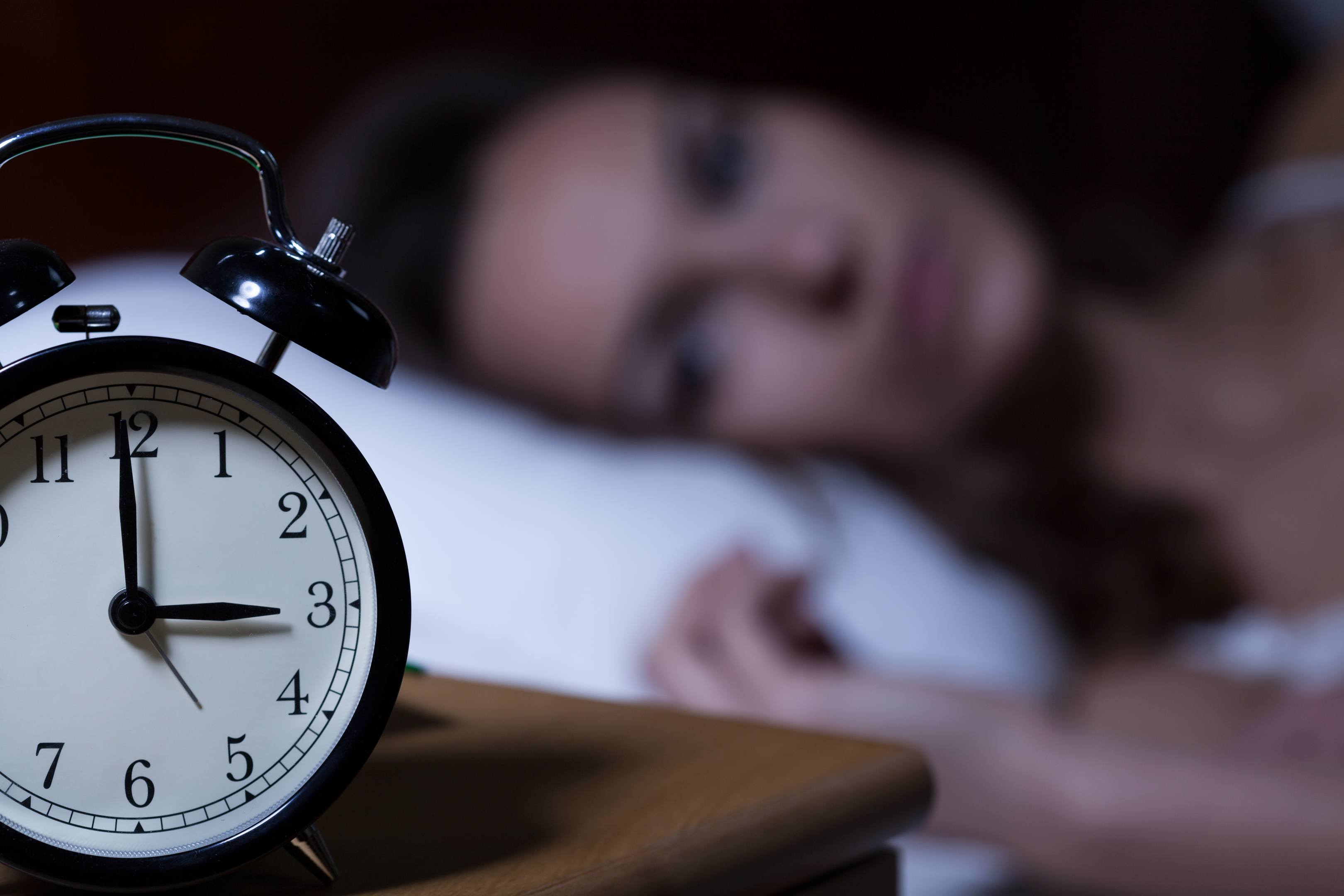
WE all love getting a good night’s sleep, and research increasingly suggests that it’s just as important as diet and exercise for maintaining our health.
But with nearly 60% of Brits suffering from sleep deprivation, the quality of our sleep leaves something to be desired.
“Just one bad night’s sleep affects our mood, concentration and alertness,” says Lisa Artis, Sleep Expert from the The Sleep Council, “and long-term sleep deprivation has far more serious consequences – it’s been linked to a number of serious health problems such as high blood pressure, heart disease, diabetes and stroke.”
If you’re struggling to nod off at bedtime, regularly waking in the middle of the night and feeling sleepy throughout the day then it’s time to start taking sleep seriously. Here are five tips to help you get a better night’s sleep…
Don’t be anxious
“Don’t try to sleep,” Lisa advises, “sleep needs to find you. Keep your eyes open and gently resist sleep. Try to adopt a carefree, accepting attitude to wakefulness.”
The more you concentrate on the fact that you’re awake, the more stressed your body will become, making it harder for you to drop off. Which is also a good reason to…
Avoid clock-watching
Clock-watching is kryptonite for anyone trying to get to sleep. Not only will you worry more about not sleeping, if you’re looking at the blue light from a digital clock it may well make your brain feel more alert too.
Change your scenery
If you find yourself awake in the middle of the night and unable to get back to sleep, “Don’t lie there staring at the ceiling,” says Lisa. “It won’t help you fall asleep, and it’s likely to make you more restless”.
Instead of lying still and trying to sleep – get up and do something else. Head into the living room and read a book, have a cup of herbal tea, or…
Make a list
If you’ve jolted awake and your mind is racing, it can be tough to relax enough to fall back asleep. Letting those thoughts rob you of a restorative night’s rest creates a vicious cycle of stress and sleeplessness. So, instead of concentrating on a million and one things, take a moment to get up and write a list of all the things you’re thinking. It will help purge your brain of bothersome thoughts.
And, breathe…
One of the best methods for falling asleep is to concentrate on your breathing. This calms the body and focuses the mind. Practise deep breathing techniques – counting your breaths in through the nose and out through the mouth. After five or so minutes you should have relaxed enough to begin drifting off.
For more advice on getting the best possible night’s sleep, visit the 24-Hour Sleep Guide at http://www.furniturevillage.co.uk/the-24-hour-sleep-guide.html

Enjoy the convenience of having The Sunday Post delivered as a digital ePaper straight to your smartphone, tablet or computer.
Subscribe for only £5.49 a month and enjoy all the benefits of the printed paper as a digital replica.
Subscribe